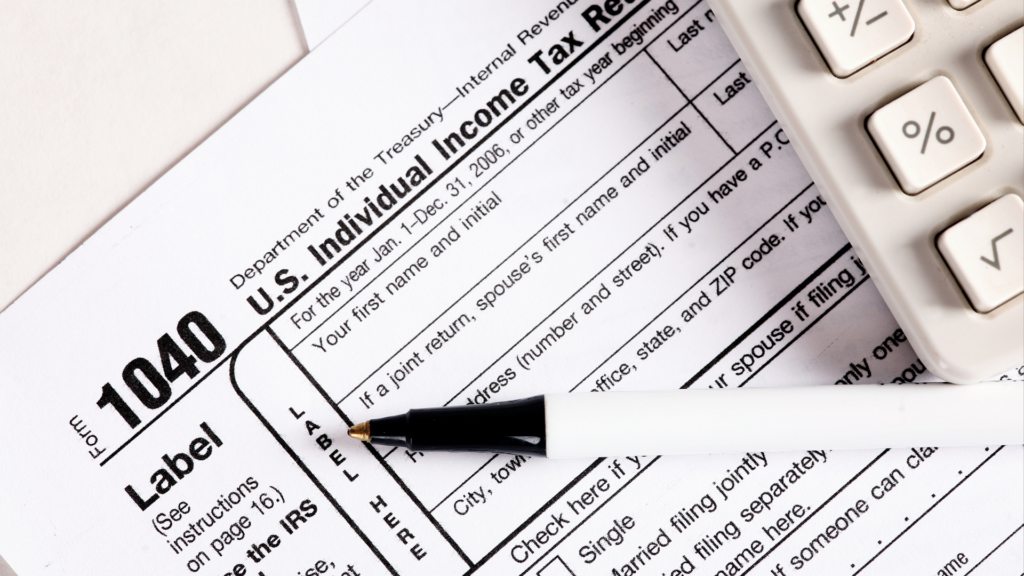September is a great time to sit down and ensure you are on track to keep as much as Uncle Sam allows at the end of the year, both as a business owner and as an individual. With 8+ months of data in the books, you are well-positioned to forecast your end-of-the-year numbers and make strategic adjustments to important aspects of your tax plans, like estimated taxes, deductible purchases, and charitable contributions. You’ll also make sure you aren’t putting off any changes that won’t be possible at the last minute in December, you’ll avoid the stresses of the last-minute rush, and you’ll help prevent any nasty – and potentially expensive – surprises.
Let’s look at several ways a September tax review can help minimize your tax liability and prevent unexpected blows to your checkbook at the end of the year.
-
REMIND YOURSELF OF ANY UNRECORDED ACTIVITY OR DOCUMENTATION. As the weeks and months pass, it can be easy to lose track of some tax-relevant activities such as deductible purchases, charitable giving or business-related meals. You are much more likely to remember those activities if you put your mind to it here at the end of the third quarter rather than further down the road in December, or worse, in March or April.
-
MAKE NEEDED OR GROWTH-ORIENTED PURCHASES. Take stock of any purchases you have been considering and start implementing that list as your cash flow allows you to maximize the deductions available for such acquisitions. The benefits are not as extensive as they were during the height of COVID, but they are still valuable.
-
ASSESS YOUR OWN SALARY. As a small-business owner, you have control of your own salary, but above a certain level, taxes can start to bite: the higher your salary, the more you pay in self-employment tax. But there is usually a sweet spot to balance salary versus tax liability. A general rule of thumb is 40% of net income, so now that you have good data to forecast your end-of-the-year numbers, you can calculate whether a raise – or a “pay cut” – would be an effective tax strategy.
-
CONSIDER TAX-LOSS HARVESTING STOCKS. This is more of an individual consideration than a business one, but it is particularly relevant during the current stock bear market. If you have stock holdings that are in the red, consider selling them, writing off the losses and investing in different stocks. There are no guarantees, of course, but in the current environment, when just about everything is down, selling a stock, harvesting the loss, and buying a stock with similar growth expectations could produce better long-term results than holding onto the original stock.
-
CHARITABLE CONTRIBUTIONS. With an accurate idea of your year-end numbers, you can start to plan your maximum tax-relevant charitable contributions. You can always make these contributions at the last minute, of course, and many people do just that. But if you really care about your giving, those charities can always use your donations sooner than later.
-
ENTITY SELECTION AND ACCOUNTING METHODS. These are certainly not every-year considerations, but you might be surprised how, especially for smaller businesses, changing your business type or accounting method can have a significant impact on your tax liabilities. If your business is growing (or slowing) or you have seen a significant change this year, you might benefit from changing from an LLC to an S Corp, an S Corp to a C Corp, or any other of a variety of options, or you might see a benefit from an accounting method change. Changes in the tax code can make these changes desirable as well, so be sure you or your bookkeeper are up to date on such changes. These changes cannot really be done at the last minute, though, which is why a September tax review is a great opportunity to examine them and start the process if they are beneficial.
-
REMIND YOUR EMPLOYEES ABOUT TAX PLANNING TOO. Your employees should be doing their own September tax review too. Have they had any significant changes this year? Marriage? Children? New House? They might be in for nasty tax surprises at years’ end if they don’t take steps like changing their withholding. As a business owner, you aren’t responsible for your employees’ tax planning, but a happy employee is a good employee, so consider sending out a reminder this time of year with some tips.
-
ENSURE YOU HAVE AN EFFECTIVE BOOKKEEPING PROCESS IN PLACE. Of course, you’d expect this advice on the blog of a bookkeeping provider, but it really is important. Tax preparation shouldn’t be just about what you have to pay. Every one of your financial decisions can impact your tax liabilities, while at the same time your tax liabilities can impact your financial decisions: the best ways to invest, spend, save and donate. A good bookkeeping partner will help you be consistent with your record keeping, make tax recommendations, and provide advice about opportunities to grow your business. So, when you sit down for your September review, make sure you have a reliable partner to help.
CONCLUSION
September is a great opportunity to sit down and examine your tax situation for the end of the year. You now have plenty of data to forecast your end-of-year numbers with real accuracy, and you can examine your tax strategies to see if any changes are required to maximize your tax efficiencies and your bottom line. Take advantage of this opportunity to review your tax strategies and make any adjustments needed.

